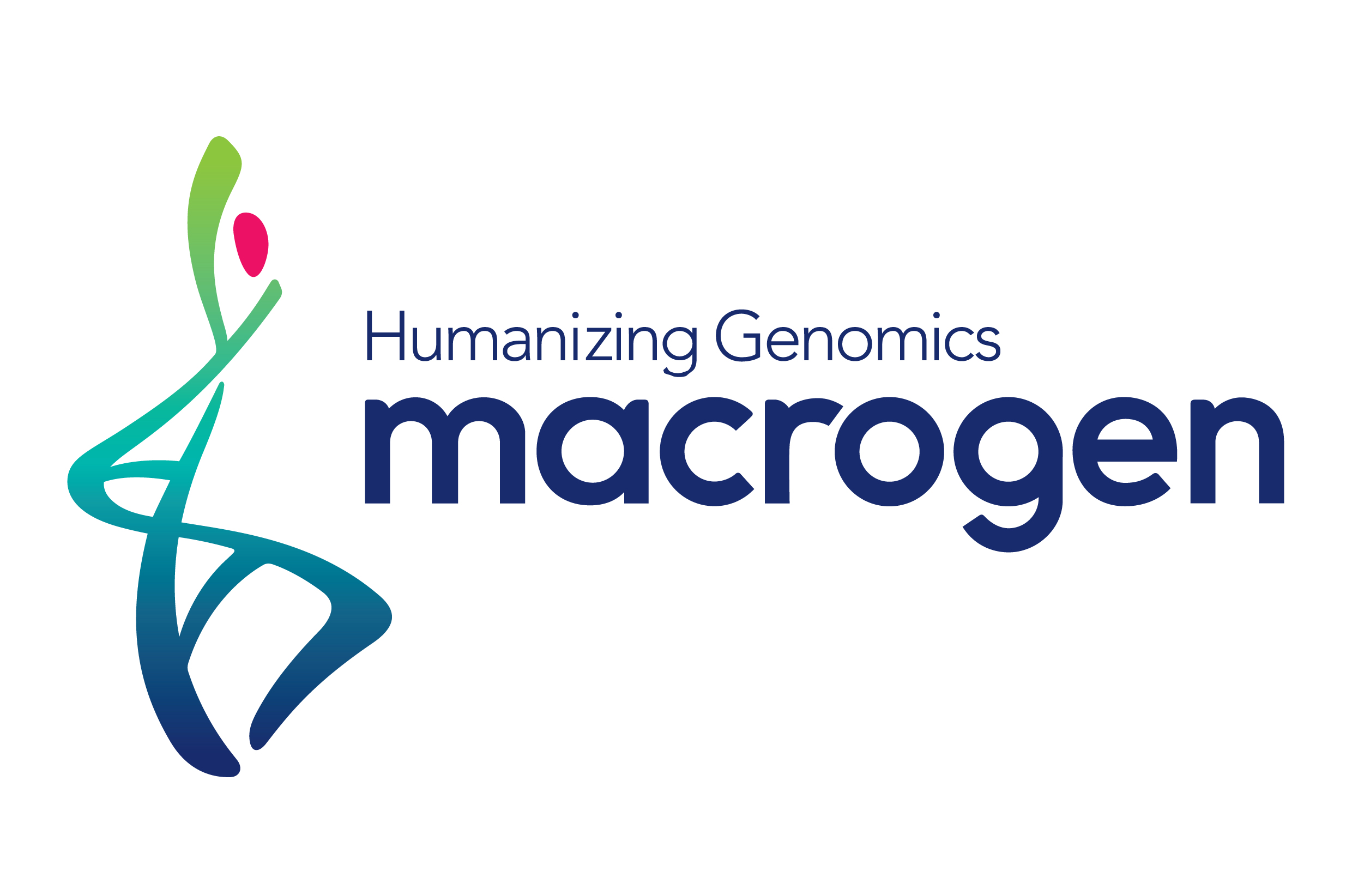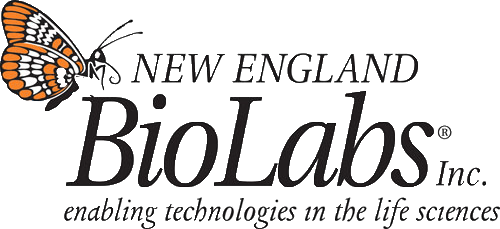Difference between revisions of "Team:DTU-Denmark/Description"
| Line 101: | Line 101: | ||
data-toggle="dropdown" | data-toggle="dropdown" | ||
role="button" | role="button" | ||
| − | aria-expanded="false">Project | + | aria-expanded="false">Project |
<span class="caret"></span></a><ul class="dropdown-menu" role="menu"> | <span class="caret"></span></a><ul class="dropdown-menu" role="menu"> | ||
<li > | <li > | ||
| − | <a href=" | + | <a href="" |
| − | > | + | >None |
</a></li> | </a></li> | ||
<li > | <li > | ||
Revision as of 03:18, 19 September 2015
Characterisation of xylR
Background
The xylose inducible promoter BBa_K733018 was of interest to our group as a means to control expression of a toxin that would function as a counter-selective marker for marker free integration of large pieces of DNA into Bacillus subtilis. Our idea was to use it to select for transfer of the 40.8kb tyrocidine operon from Brevibacillus parabrevis to Bacillus subtilis. The limitation of this repressor and promoter control system is that, as in E. coli, the repressor is leaky [?,1]. When used as a control for expression of toxins, it is necessary that the repressor is tight. Bhavsar et al. identified an alternative xylose inducible promoter from Bacillus subtilis W23 that showed tighter repression in Bacillus subtilis than the promoter from B. megaterium (BBa_K733018). Lin et al. used this improved repressor to control expression of the native E. coli toxin in Bacillus subtilis. Using this system, they were able to do marker-less gene deletions. We investigated the repressor activity in E. coli with the intention of using it for selecting for transfer of large gene clusters.
Experimental Design and Methods


|
|
Primers for amplification of BBa_K733018 |
Primers for amplification of optimized repressor (gblock) |
Restriction enzymes used to confirm insert |
|---|---|---|---|
|
Construct 1 (entire promoter sequence replaced) |
5’- AGGATCTGGTtagtttattggataaacaaactaactcaattaagat-3’ 5’- AGACTTGATATGggttattattcaaattgcagatcaagct-3’ |
5’- tgaataataaccCATATCAAGTCTTTCATGAAAAACTAAAAAAAATATTGAAA-3’ 5’- ccaataaactaACCAGATCCTCCTTTAGATGCA-3’ |
NsiI + PstI |
|
Construct 2 (part of promoter replaced) |
5’- AGGATCTGGTatgcgtaaaggagaagaactt-3’ 5’- AGACTTGATATGggttattattcaaattgcagatcaag-3’ |
5’- tgaataataaccCATATCAAGTCTTTCATGAAAAACTAAAAAAAA-3’ 5’- ctttacgcatACCAGATCCTCCTTTAGATGC-3’ |
NsiI + PstI |
|
Construct 3 *new promoter right upstream of translation start) |
5’-GGAGGATCTGGTatgcgtaaaggagaagaacttttcactg-3’ 5’-AGACTTGATATGtgtgactctagtaccctttgatttaagtgaac-3’ |
5’- ctagagtcacaCATATCAAGTCTTTCATGAAAAACTAAAAAAAAT-3’ 5’- ctttacgcatACCAGATCCTCCTTTAGATGCAT-3’ |
NsiI + PstI |
Protocol:
- Measure the OD600 of overnight cultures of transformants grown in LB media with 6 ug/mL chloramphenicol in order to prepare a dilution scheme so all samples have an initial OD600 of 0.1
- Prepare LB media with 7.5 ug/mL chloramphenicol. Take 100 mL of that sample and add 1.25 g of xylose to prepare a 1.25% xylose stock of LB media with 7.5 ug/mL of CAM.
- Dilute overnight cultures in sterile deionized H2O so that with a 1.25x dilution they will have an OD600 of 0.1.
- Transfer 1.2 mL of LB media with CAM +/- xylose to a 48 well Biolector flowerplate and add 300 uL of diluted overnight cultures. Assay was prepared in triplicate with a negative control
- Cover Biolector plate with a gas permeable seal and place in Biolector chamber with an incubation temperature of 37°C, shaking at 1000 RPM, humidity at 95%, O2 at 20.95%, Biomass absorbance at 620 nm, and GFP filter with fluorescence excitation at 488 nm and measurement at 520 nm. Measurements were taken every 10 minutes for up to 15 hours.
Results
All transformants were tested in triplicate and the standard deviation is included in the error bars on the graph. The absorbance readings were averaged and corrected for background by subtracting the values of the media only samples. It is interesting to note that all samples grown in 1% xylose had a higher amount of biomass and indicates that E. coli can use it as a nutrient source. This appears to verify the hypothesis of {link to previous group’s wiki} regarding utilization of xylose as a nutrient source. GFP expression appears to begin after 0.5 hours of growth and reaches a maximum rate of synthesis by 2.5-3 hours of growth.

Figure 1 Biomass Absorbance readings measured at 620 nm were unstable for the initial two hours of the experiment so the Biomass measurements start at 2.2 hours in this graph. All samples had an initial OD600 of 0.1 at the start of the experiment.

Figure 2 Average GFP measurements corrected for the background of the media at an excitation of 488 nm and absorbance of 520 nm
Discussion and Conclusion
The optimized promoter for expression control in Bacillus subtilis did not have the proposed function in E. coli. Whether this is the same in Bacillus subtilis was not tested in this experiment, but according to previous findings, the promoter is optimized for control in B. subtilis [?,-1]. While we set out to improve a BioBrick function, we were only able to improve the description of the existing BioBrick by providing more detailed data for induction GFP synthesis from BBa_K7330018 in a 1% xylose solution.
References
- Bhavsar, A, Zhao, X, Brown, E. Development and Characterization of a Xylose-Dependent System for Expression of Cloned Genes inBacillus subtilis: Conditional Complementation of a Teichoic Acid Mutant. Appl. Environ. Microbiol. January 2001 vol. 67 no. 1 403-410.
Department of Systems Biology
Søltofts Plads 221
2800 Kgs. Lyngby
Denmark
P: +45 45 25 25 25
M: dtu-igem-2015@googlegroups.com












